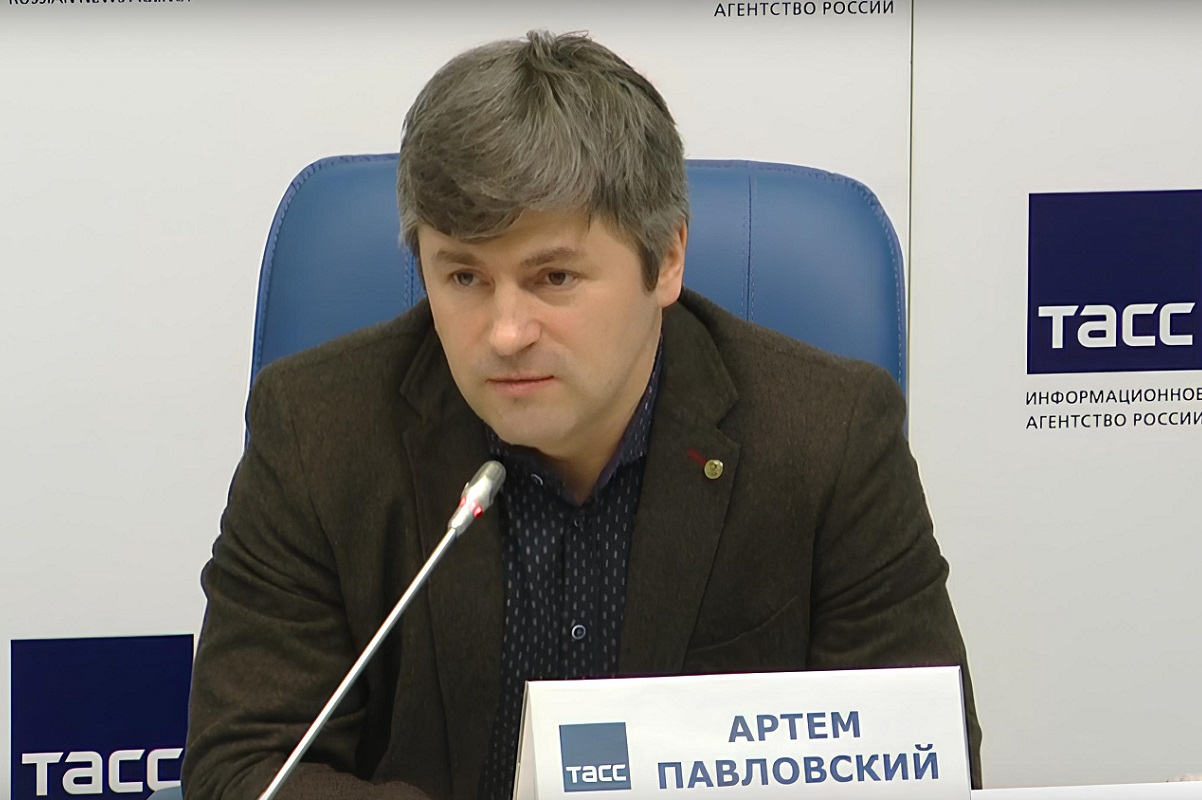SPbU climate scientist: the University trains professionals who can develop measures to adapt to climate change

Artem Pavlovsky, Acting Head of the Department of Climatology and Environmental Monitoring at St Petersburg University, took part in a press conference on the development of meteorological services and staff training. The experts had an in-depth discussion on the demand for climate scientists in the labour market.
Artem Pavlovsky reminded that the World Meteorological Organisation’s theme for 2024 is "At the frontline of climate action".
"SPbU specialises in training not only climate scientists but also specialists who can understand and interpret current climate changes and develop measures to adapt to them. We aim to uphold the tradition of classical university education and provide individual attention to each student’s growth. Of course, we have our problems but we regularly get kids with passion in their eyes, who are still romantics and who want to work in our field", — said Acting Head of the SPbU Department of Climatology and Environmental Monitoring.
He noted that in recent years Russia has implemented the National Action Plan on Adaptation to Climate Change, which in turn serves as the basis for sectoral and regional plans. SPbU climate scientists have been involved in the preparation of several such documents, in particular for St Petersburg and the Rostov region.
All the plans in which climate scientists were involved were markedly different from the documents produced without their involvement. It is my firm belief that climate change and climate change adaptation issues should be discussed with the participation of climate scientists.
Acting Head of the Department of Climatology and Environmental Monitoring at St Petersburg University Artem Pavlovsky
Pavlovsky also added that Russia is currently experiencing a construction boom: the volume of work is increasing not only in housing and road construction, but also in the construction of complex engineering structures (ports, airfields) in hard-to-reach regions.
"At the same time, meteorological research in our country is declining as building codes and regulations developed during the Soviet era become obsolete. These documents need to be updated and additional research carried out. This is where the training of hydrometeorological survey specialists for engineering projects comes into play. It is important to note that such engineering hydrometeorological surveys are among the most important surveys in the preparation of both urban planning and architectural and construction documentation," concluded Artem Pavlovsky.

